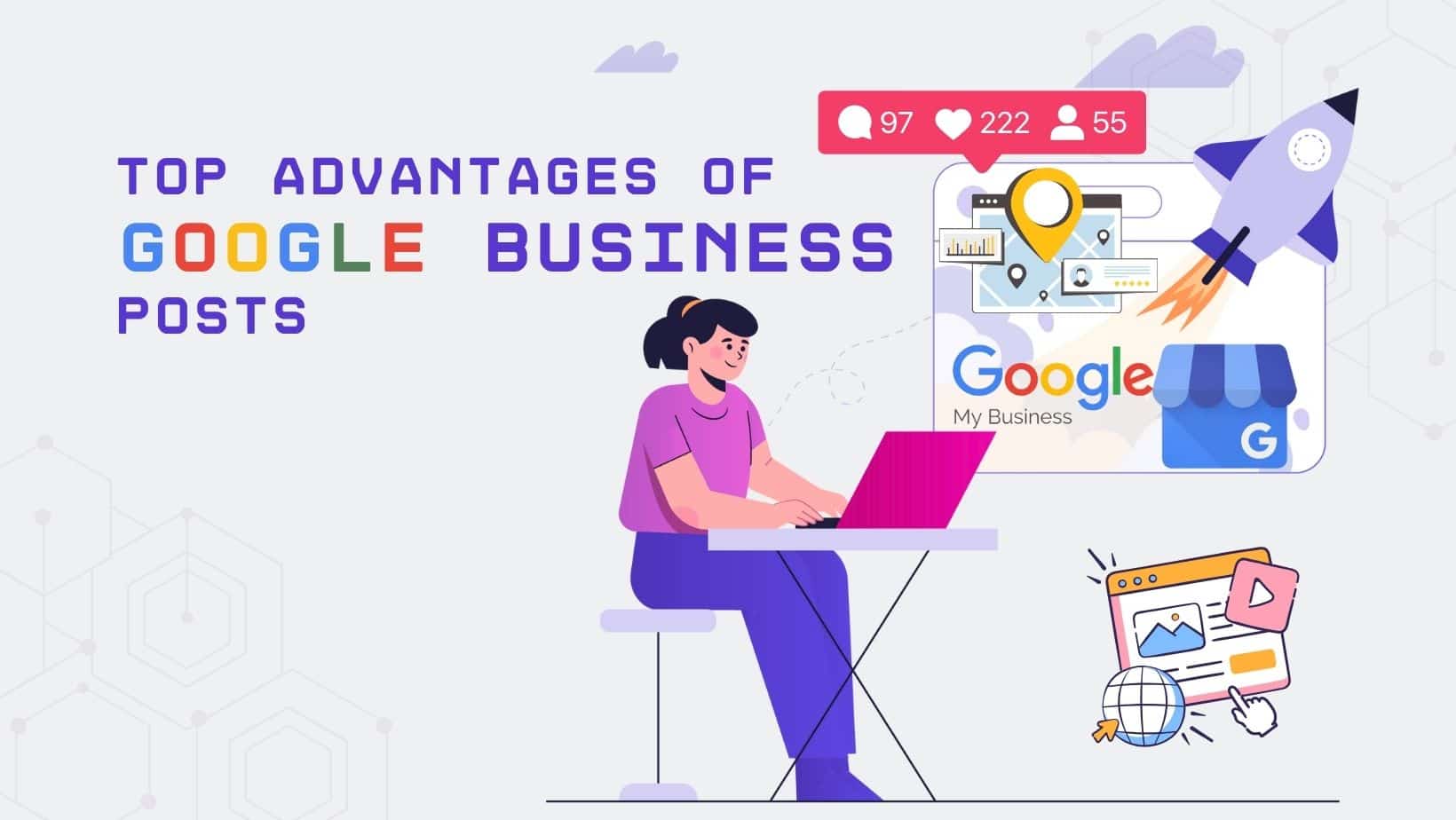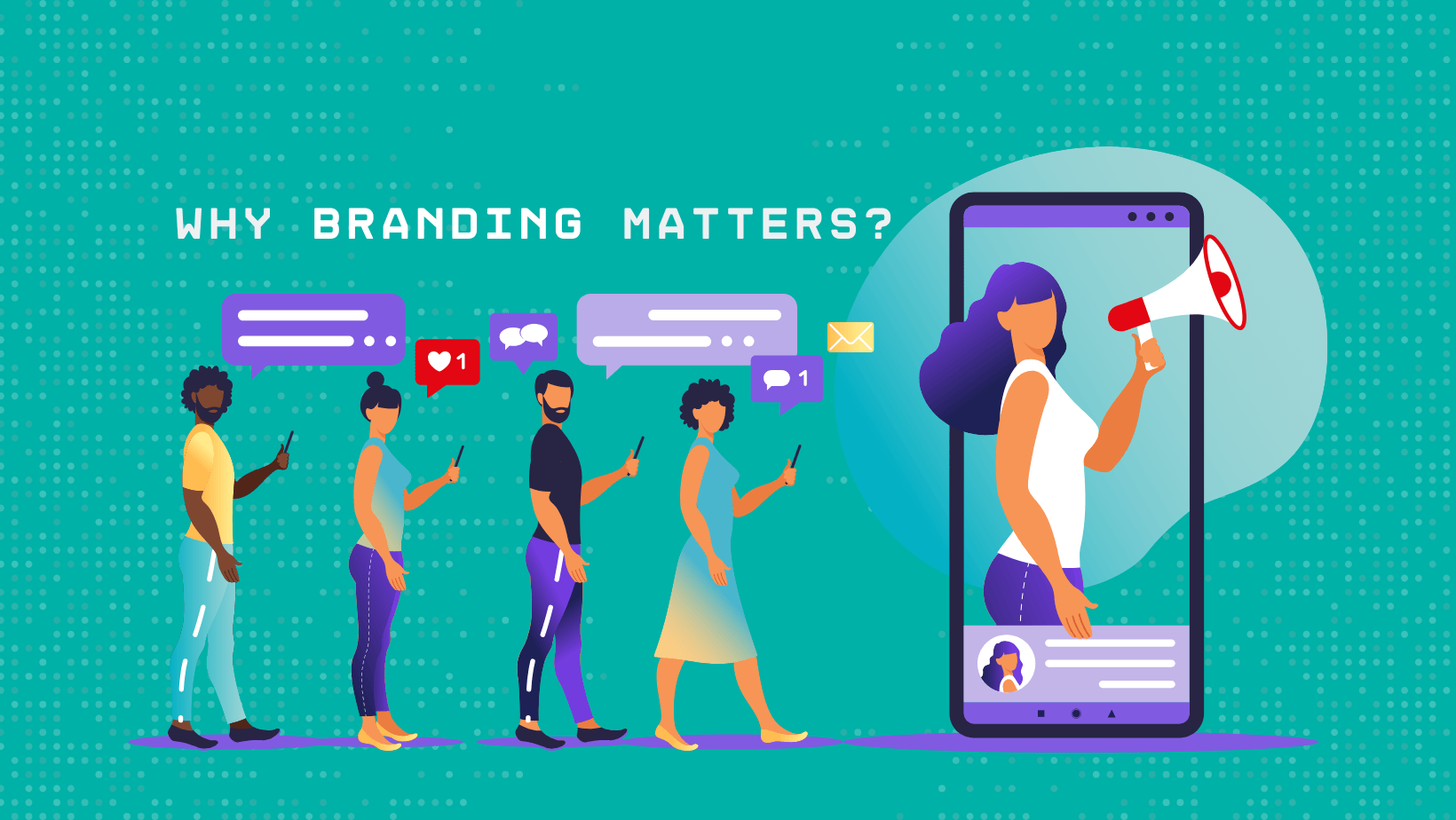Imagine you’re in an elevator with a potential client, and they ask you to tell them about your business. You only have 30 seconds or less. Here are 2 scenarios:
- Scenario 1: You list off facts and figures about your product or service.
- Scenario 2: You tell a story that captures their attention, that speaks to the heart of why your business exists, and how it solves a problem they’re facing.
If you want your lead to remember you, which approach do you think will make that happen? We all know it: storytelling. And that’s not only applicable to the elevator situation – it’s true for everything. Research has shown that stories are 22 times more powerful than facts alone.
However, you may feel that there’s not always space or time in a business setting to tell a story. But, if you want your business to stand out and make an impact, then you must carve out the time and space. Here’s why!
1. Storytelling Evokes Emotion
Have you ever heard a story in an ad that ignited a feeling within you? You probably did! Well, let’s take it a step further: have you ever made a purchase because you were moved by a story? Maybe one that resonated with you on a personal level? We bet that the answer is yes.
It’s not just you – when done right, storytelling will evoke an emotional response. It’s crucial to tap into emotion because ~70% of decisions are driven by emotion rather than logic. That means that if you focus on just the facts and figures, you’re losing out on a lot of potential business.
2. Storytelling Builds a Connection
In today’s day and age, where people are sold to non-stop, it’s only natural that they have a hard time trusting businesses. Their guards are up, and they don’t want to be taken advantage of. That’s why they see right through sales pitches that lack genuine emotion.
So, what’s a way to build trust with customers? Storytelling! Psychologists have found that when readers are involved in a narrative, they let their guards down. They’re “swept away” by the story and become less focused on the hard facts.
They’ve named this “narrative transportation” because it takes the reader away from their own reality and literally changes the way information is processed in our brains.
The message is clear: human beings are emotional creatures, so to connect with them on a deeper level, storytelling is the best way to do it. Don’t expect anything more than a numb, robotic response when you hit them with facts. Give them a story to relate to, and you’ll get a much better result.
3. Storytelling Creates Engagement
8.25 seconds. That’s the average attention span of humans! That said, though, people pay attention if they’re interested and engaged. And how will that happen? Yes, through storytelling!
While a lot of business messages tend to be dry, yours doesn’t need to be. You can use creative storytelling tactics to grab people’s attention and keep it for the long run. If they want to know what happens next or keep reading because they find it enjoyable, then you know that you got their attention!

Not just that, but their engagement can also come across in the form of likes, comments, shares, and even conversions. These are all signs that you’re doing something right – and it’s thanks to the power of storytelling.
4. Storytelling Helps Your Business Stand Out & Be Memorable
As we were just saying, we live in an attention-deficit age. And on top of that, potential customers are bombarded with thousands of marketing messages every single day. It can be hard to break through the noise and get your message heard.
While marketing messages can sound all too familiar and predictable, a good story is always unique. No one can copy or replicate it, so your business needs to have its own narrative to be remembered.
Invest a lot of time in creating your story and crafting it to perfection. Remember that this is how people will remember your business, so do you want them to remember it as a faceless one that offers “the best products and services” or as one that has an inspiring story worth telling?
5. Storytelling Tones Down the “Sales Pitch”
When you tell a story, people can see a bit of themselves in you, which makes them feel understood and included. People will come back to your business if they feel like you genuinely care about them, and storytelling is the perfect way to make that happen.
That’s opposed to a cold, hard sales pitch that pushes the product and nothing else. These types of messages will come across as too pushy and may even turn people away from your business. That’s especially because sales pitches have grown to become quite cliché and dull over the years.

Storytelling is more effective because it tones down the hard sell, allowing people to form a genuine relationship with your business by relating to something that you have in common. And when they relate, they start to trust you, and that’s when sales actually happen.
Of course, you’ll still mention your product, but it won’t be the main focus of your story – it will become a natural part of your narrative. And that’s when customers start to trust you and come back for more!
6. Storytelling Makes Your Business “Believable”
Have you ever thought about why case studies are so popular? Aren’t case studies just another type of story? Well, yes – and that’s why people love them.
Case studies show readers that other people have gone through a similar experience with your business and had positive outcomes from it. This makes them feel like they can trust you because someone else has already taken the risk before them.
You don’t necessarily have to write full-blown case studies, though. Even your social proof elements, like customer testimonials or reviews, can be used to tell a story, which will make your business more believable in the eyes of potential customers.
Instead of the standard “I highly recommend this product”, you can use testimonials to tell a story that resonates with your audience by conveying the actual practical application of your products or services. Just guide your customers in the right direction, and they’ll share their stories with you!
7. Storytelling Empowers You to Create the “What If” Image
You probably heard the statement, “people don’t buy products; they buy transformations” before. Other variations of words instead of transformations are also hope, results, and better versions of themselves.
And it’s true – people don’t necessarily want to buy your product or service. They want to buy what that product or service can do for them. So even if you spend your entire sales page talking about the features of your product, it won’t be as effective as telling a story that paints an image of what their life could look like if they were to use your product or service.

Let them imagine the results – both emotional and physical – that come from using your products or services. Let them see what kind of life they can live if they decide to make that purchase. Find the right words, and let them feel empowered with the thought of a better future!
Disclaimer: A Word On Authenticity & Transparency
The reason that storytelling works so well is that it connects people to your business in a way that no other method can. But that only happens when the stories are actually authentic and honest.
Many businesses fall into the trap of making up stories, copying from others, or stretching the truth to make their stories more compelling. Don’t do any of those things or try to force things that don’t fit into your narrative. Customers can spot a fake story from miles away, and they’ll immediately shy away from it.
Keeping it real is the key to unlocking the power of storytelling. So always make sure that your stories are authentic, transparent, and true to life. Otherwise, you’ll risk losing customers and damaging your credibility.
It’s Time to Humanize Your Business Via Storytelling!
By now, we hope it’s easy to see why storytelling should be at the core of all your marketing efforts. So, it’s time to start thinking about how to use storytelling in your business – whether it’s through upcoming marketing campaigns, case studies, customer stories, revamping your “About Us” page, or something else altogether.
Find the right story and tell it well, and you’ll be amazed at what kind of impact it can have on your business! That’s because storytelling does one simple but unrivaled thing – it humanizes your business, giving people an authentic and powerful connection to you.
However, if you’re too “in your head” to find the right story, remember that stories are everywhere, and they’re inside all of us! All you have to do is look around and draw from your own experiences – both personal and professional – and you’ll be able to make a powerful connection with your customers!
And if you need a magic wand to dig it out for you, contact our team at ShiftWeb for help. We’ve helped countless brands find out the stories they want to tell with the StoryBrand Framework, and we’d love to work with you as well!





